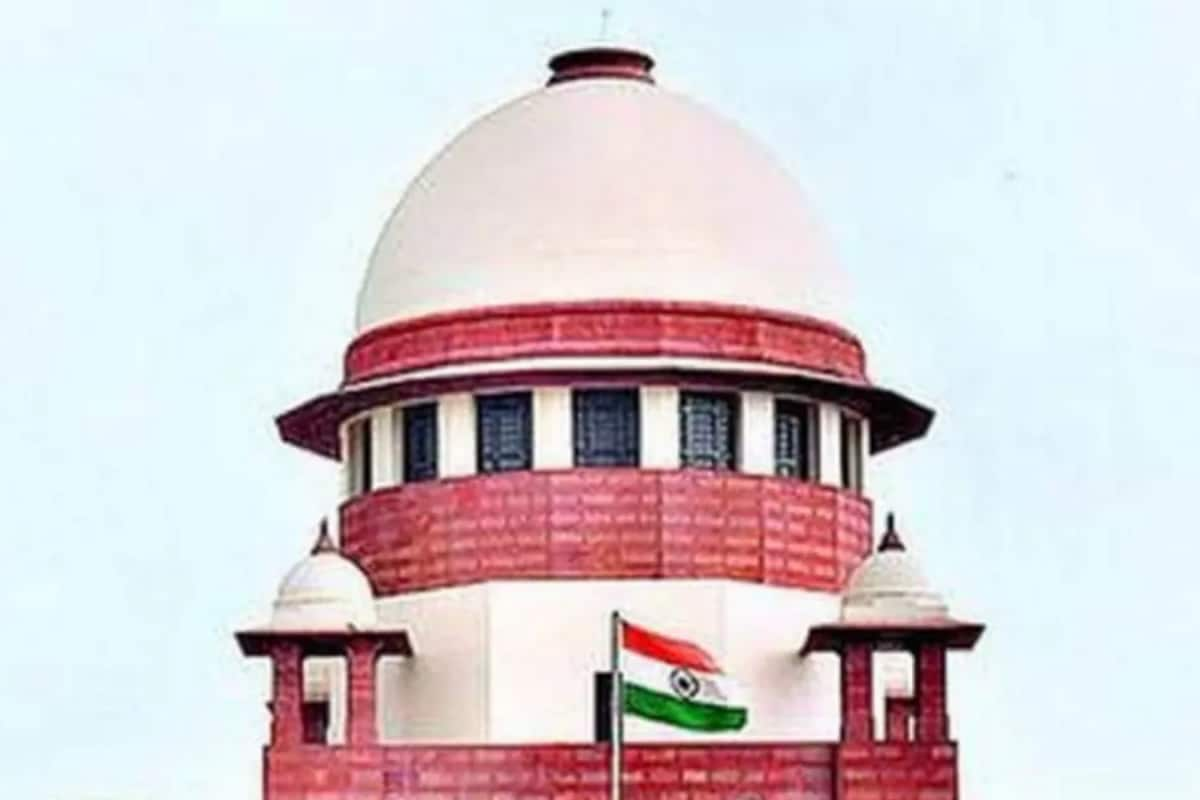

The Supreme Court has taken suo moto cognizance of recent student suicides at the Indian Institute of Technology (IIT) Kharagpur and Sharda University, expressing serious concerns about institutional accountability and demanding reports on police action. Justices J.B. Pardiwala and R. Mahadevan, comprising the bench, voiced that "something is wrong" and have sought detailed responses from both institutions regarding the promptness in reporting the incidents to the police and the registration of criminal cases.
The court's intervention follows two recent incidents. At Sharda University, a 21-year-old dental student, Jyoti Jongda, was found dead in her hostel room on July 18. A suicide note was recovered where she accused two faculty members of harassment and humiliation. Her father has also alleged harassment and mental pressure, lodging a First Information Report (FIR) against university staff. Two faculty members named in the suicide note have been arrested. Sharda University has ordered a probe and suspended the two staff members.
Adding to the concern, on July 18, Ritam Mondal, a fourth-year mechanical engineering student, was found hanging in his hostel room at IIT Kharagpur. This marks the fourth unnatural death at the IIT Kharagpur campus since January 2025. In January, a third-year electrical engineering student, Shaon Malik, was found hanging in his hostel room. In April, Aniket Walker, a final-year student of Ocean Engineering, was found dead in similar conditions, and in May, Mohammad Asif Qamar, a third-year B-Tech student, was also found dead in his hostel room. The family of Ritam Mondal has claimed that he was subjected to ragging, but the college authorities have not yet reacted to these allegations. IIT Kharagpur stated that their counselling center did not have any prior records indicating mental health concerns for Ritam Mondal.
The Supreme Court has expressed concern over the increasing number of suicides at IIT Kharagpur, noting that the recent suicide was the fourth such case in seven months. The court has appointed senior advocate Aparna Bhatt as amicus curiae to gather details of the two cases and inform the court whether FIRs were registered and whether the authorities informed the police promptly. The court has warned that if FIRs were not registered or if there was a delay, contempt proceedings would be initiated.
IIT Kharagpur has been under scrutiny over past suicides. Following the April incident, authorities introduced measures such as counseling calendars and barcodes on hostel room doors for students to scan and seek help from on-campus counselors. The institute had also formed a 10-member committee to address mental health challenges. IIT Kharagpur has also said it is fully cooperating with the investigation.
These incidents highlight the growing concerns about student mental health and the need for effective support systems in educational institutions. The Supreme Court's intervention underscores the urgency of addressing these issues and ensuring accountability.
If something wrong is found, the Supreme Court has warned that it will initiate contempt proceedings. The court has mandated the registration of FIRs for every suicide. It had earlier formed a National Task Force headed by a former Supreme Court judge to examine the reasons for student suicides. The Task Force will meet with medical students in Delhi next week to gather first-hand accounts and develop a preventive action plan.
Educational institutions are taking preventive measures to curb campus suicides, such as counseling and mentorship for students with low grades, reducing curriculum load, and setting up mental wellness centers. Some IITs have implemented measures such as ice-breaking sessions, morning walks with faculty members, mandatory counseling sessions, and stress escape room workshops.